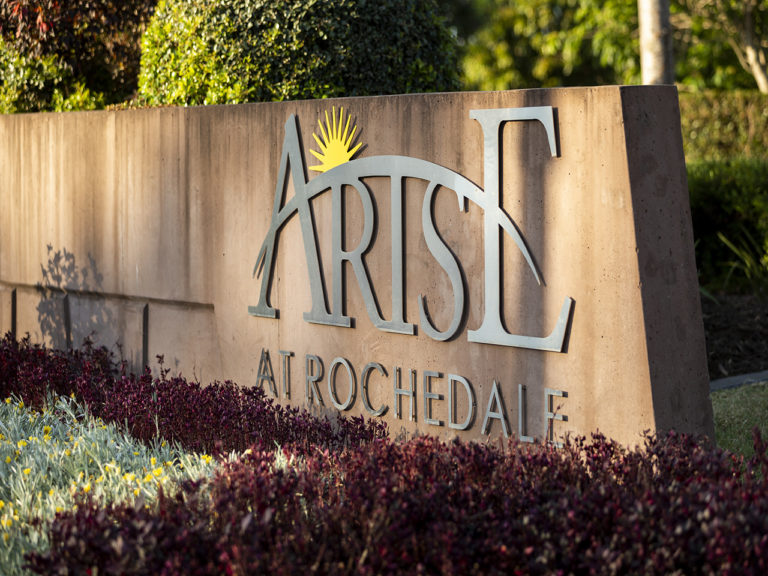The Pask Vision:
Creating Communities For Generations
Established in 1969, Pask is a leading Australian developer with a proud legacy of creating quality residential communities that generations of Australians are delighted to call home. As a family-owned and operated business, we have stayed true to the vision of our founder, Nev Pask, fostering a culture that promotes excellence and commitment to quality. Our customers buy with confidence, knowing that nearly half a century of experience is invested in every project.
Proudly a Local
For over 25 years, Pask has been active in Rochedale and surrounding areas developing outstanding communities with a strong sense of place and affinity with the landscape. Local communities like The Avenue, Gainsborough Park, Montruse, Chancellor Park and Levington stand testament to the vision of Pask.
While in Victoria, Pask has been behind such flagship communities as Circa, The Maples and Bankside.

Guided by Design
Pask have consistently encouraged a high standard of development across each of our residential communities through protective covenants and design guidelines known as Living Design Principles.
Complimentary to the investment Pask have made in delivering premium landscaping and parks, these guidelines have been put in place to ensure a consistent level of quality is maintained across housing and landscaping throughout the estate.
Contact our Sales Team for further information about our Living Design Principles.

